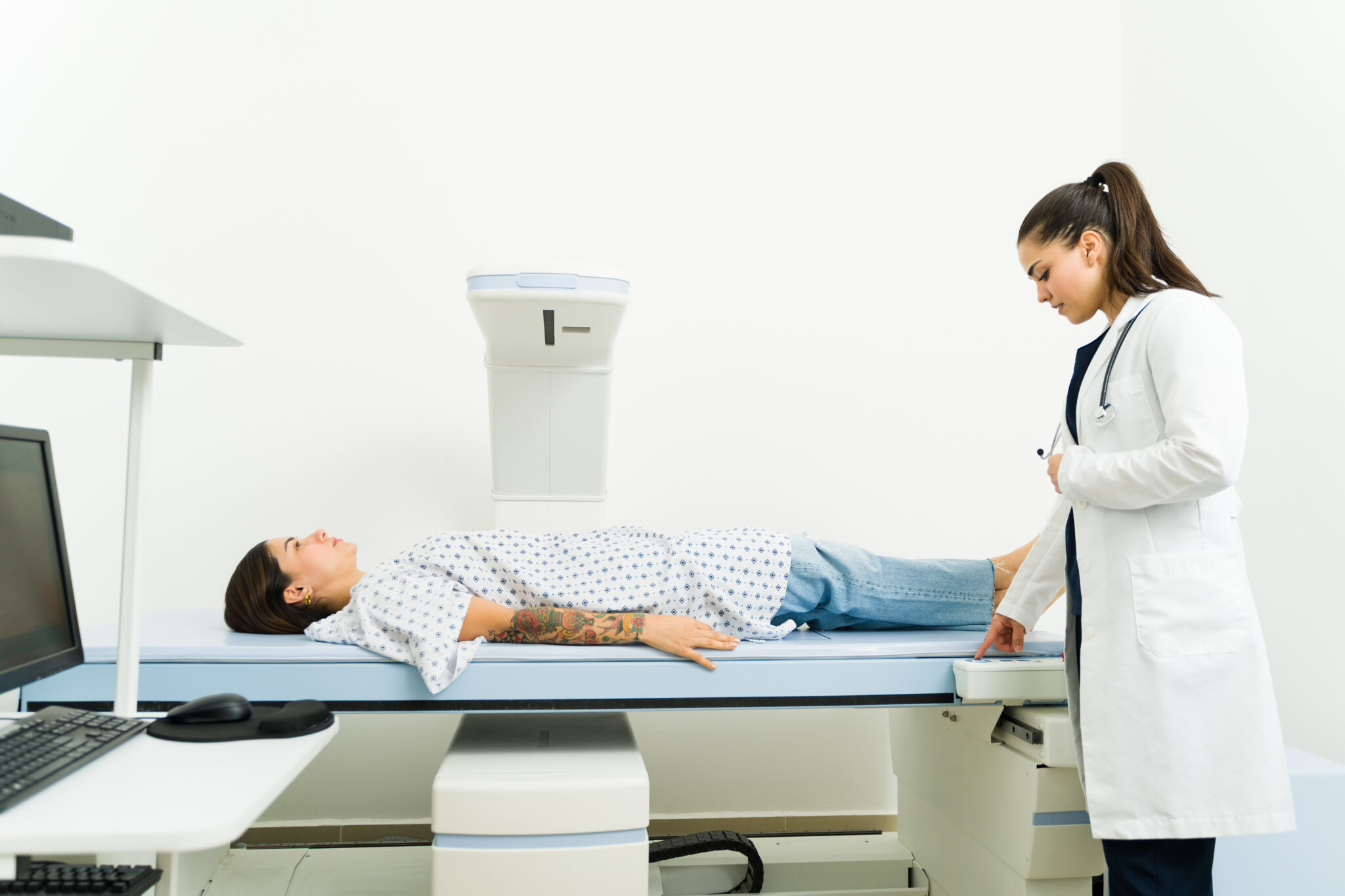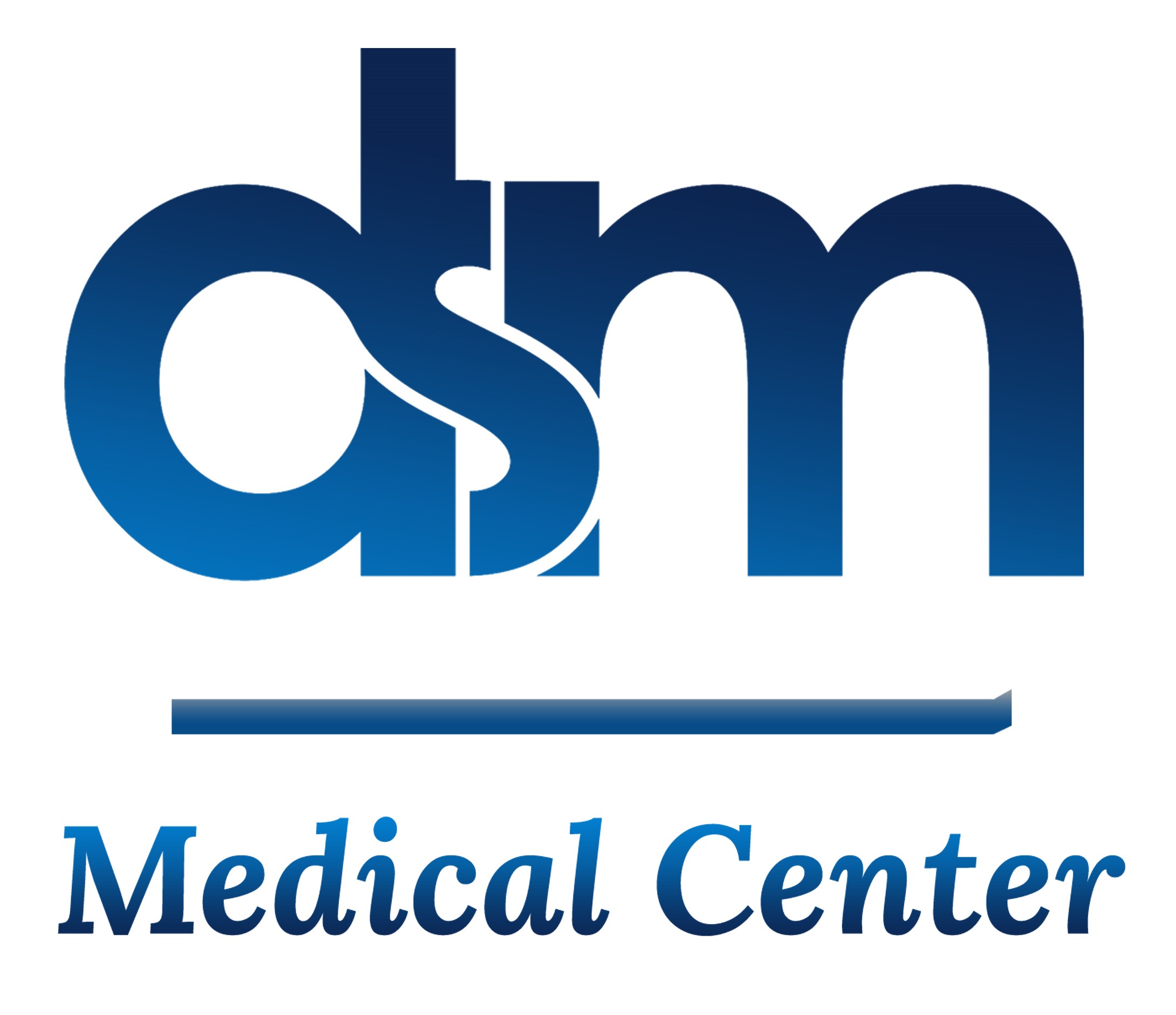DEXA Scan
What is a DEXA Scan?
Bone densitometry, often referred to as dual-energy x-ray absorptiometry or DEXA, is a diagnostic technique that generates images of the body’s internal structures to determine body fat, body composition, muscle mass and bone density. This non-invasive procedure is the gold standard in helping identify and diagnose osteoporosis, and is essential in the management and prevention of osteoporotic fractures.
DEXA scans are also utilized by athletes, body builders and everyday individuals that are physically active and looking to monitor their overall body composition and general health. DXA provides valuable insight about an individuals body fat, muscle and protein mass, and overall body composition, which is resourceful for anyone going through a body transformation or looking to enhance their physical performance. Due to its simplicity, speed, accuracy and affordability, DXA is a valuable diagnostic tool.



What Information Does DXA Provide?
How Much Does a DEXA Scan Cost?
The price for a DEXA scan at Saleh Muslah Medical Center is $99 if you book through DEXA Scan. However, if you book your appointment through our website and pay the fee online, the cost for the procedure is $75. Follow the link to schedule an appointment and checkout here: Book an Appointment.
Preparing for your Procedure
Here are some simple instructions to follow before your exam: Don’t take calcium supplements for 24 hours before your exam. Wear loose and comfortable clothes without metal buttons, belts or zippers. You also need to remove any metal objects such as keys, wallets, and jewelry before the exam. If you had any medical tests recently, inform your doctor so they can decide if you need to wait before undergoing the exam. If you are pregnant, make sure to tell your doctor so they can take precautions to minimize radiation exposure to the baby. It’s important to follow these instructions to ensure the exam runs smoothly and safely.
